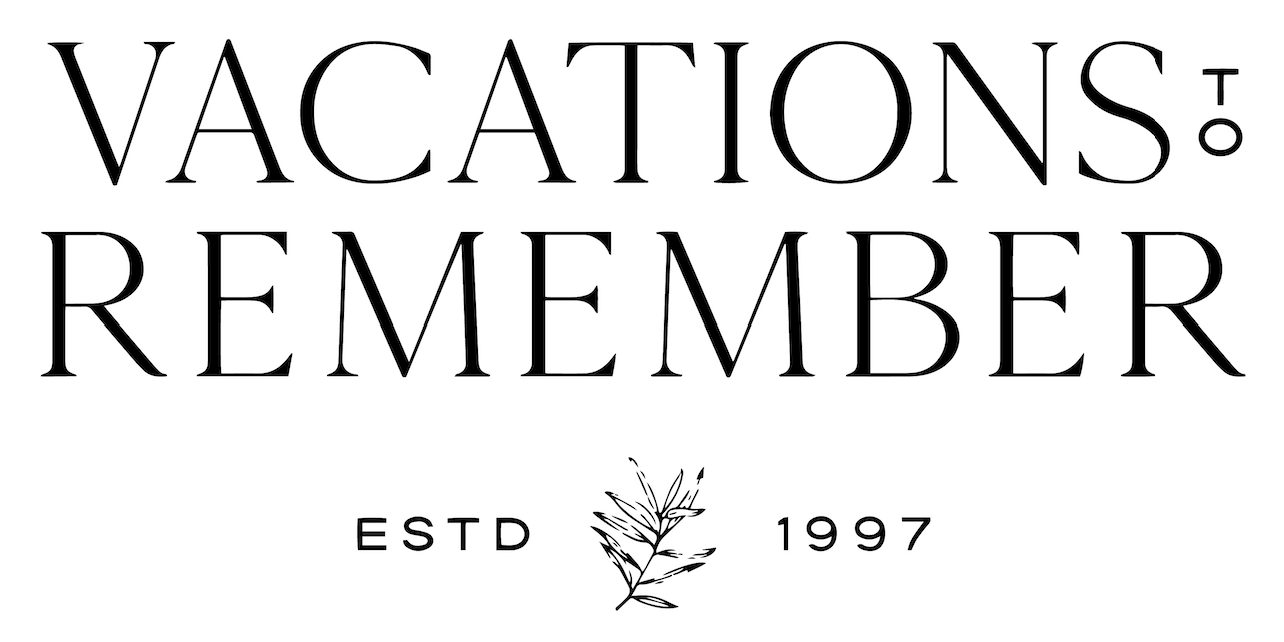TEN DOS AND DON’TS WHEN TRAVELING TO PARIS
Of course all of this is just a guideline but if you want to truly take your next trip to Paris to the next level, here are some do’s and don’ts to avoid looking like a tourist in the city of love!
DO's
1. Do say hello (“Bonjour”) upon entering an establishment (ie. store, restaurant, etc) before you begin browsing or asking questions. Say good-bye (“Au revoir”) upon leaving.
2. Do learn some French phrases. It will show you are making the effort to speak the language and shows respect. Some phrases:
Hello (“Bonjour”)
Thank you (“Merci”)
Excuse me (“Excusez-moi”)
Please (“S’il vous plaît”)
I am lost (“Je suis perdu”)
Where are the bathrooms? (“Ou sont les toilettes?”)
I don’t speak French. In English please (“Je ne parle pas Francais. En Anglais, s’il vous plaît”)
3. Do realize that to use the washroom in places such as a train station or department store, you will have to pay a nominal fee (ie. 0.35 Euros)? As a result, public washrooms are generally clean and well-stocked with toilet paper.
4. Do take the metro (subway) and hang onto your ticket until you leave your station. You could be checked by the police and fined if you don’t have your ticket stub.
5. Do remember to validate your ticket before you board a train. Validating machines are located at the entrance to the “quai” or platform.
6. Do dress appropriately. Jeans are OK, but shorts, flip flops, and running shoes are not. They are for the beach and exercising.
7. Do shake hands with acquaintances or “air kiss” those who are close to you when you are greeting the person. Air kissing involves bringing your cheek close to the other’s cheek as if you are going to kiss the cheek. It is a ritual, called “Faire la bise” and indicates friendship. The number of kisses depends on the region. In most of France, one kisses each cheek once; however, in other areas, it could range from 3-5. What side to start on? The right or the left? Opinions differ; most prefer the right.
8. Do consider a “Prix Fixe” menu, which will include a starter, main course, and dessert at a fixed price. Some restaurants have prix fixe menus with many choices for each course. Some offer menus which include some wine.
9. Do consider ordering a “pichet” of wine. Technically, it is a “jug” of wine, but really it is a carafe of wine and comes in different sizes: 25 cl or 50 cl. (250 ml or 500ml). It is the restaurant’s house wine and is very often very good and a good deal.
10. Do expect to find the sale of wine and liquor in grocery stores and the store, Monoprix.
DON’TS
1. Do not use “Tu” (you) to address another person unless that person is quite familiar to you. Use “Vous”, as it is more formal.
2. Do not take out coffee and drink it while walking down the street. Drink it at a cafe, either standing at a bar or sitting at a table.
3. Do not touch the produce at an outdoor market. Simply indicate to the seller what you want.
4. Do not order a cafe au lait to end your meal. This drink is taken at breakfast.
5. Do not rush your meal. The French enjoy their time to relax over a coffee or meal. You should too and take at least 2 hours to savor the flavors.
6. Do not assume all stores will be open between 12-2 pm as this is when most people have lunch.
7. Do not assume everyone speaks and understands English.
8. Do not (have to) tip as the 15% service charge is included in the bill most of the time. The bill will say, “Service Compris”. However, it is a custom to leave an additional few Euros at dinner if the service was exceptional.
9. Do not expect to get ice in your drink. It is just rare to find drinks with ice in France as compared to North America and other places.
10. Do not have dinner before 8:00 pm. It is more acceptable to have a pre-dinner drink (cocktail hour or “apero”) such as wine, beer, a kir or pastis between 7:00 and 8:00 pm. It can be served with nuts or crackers.
